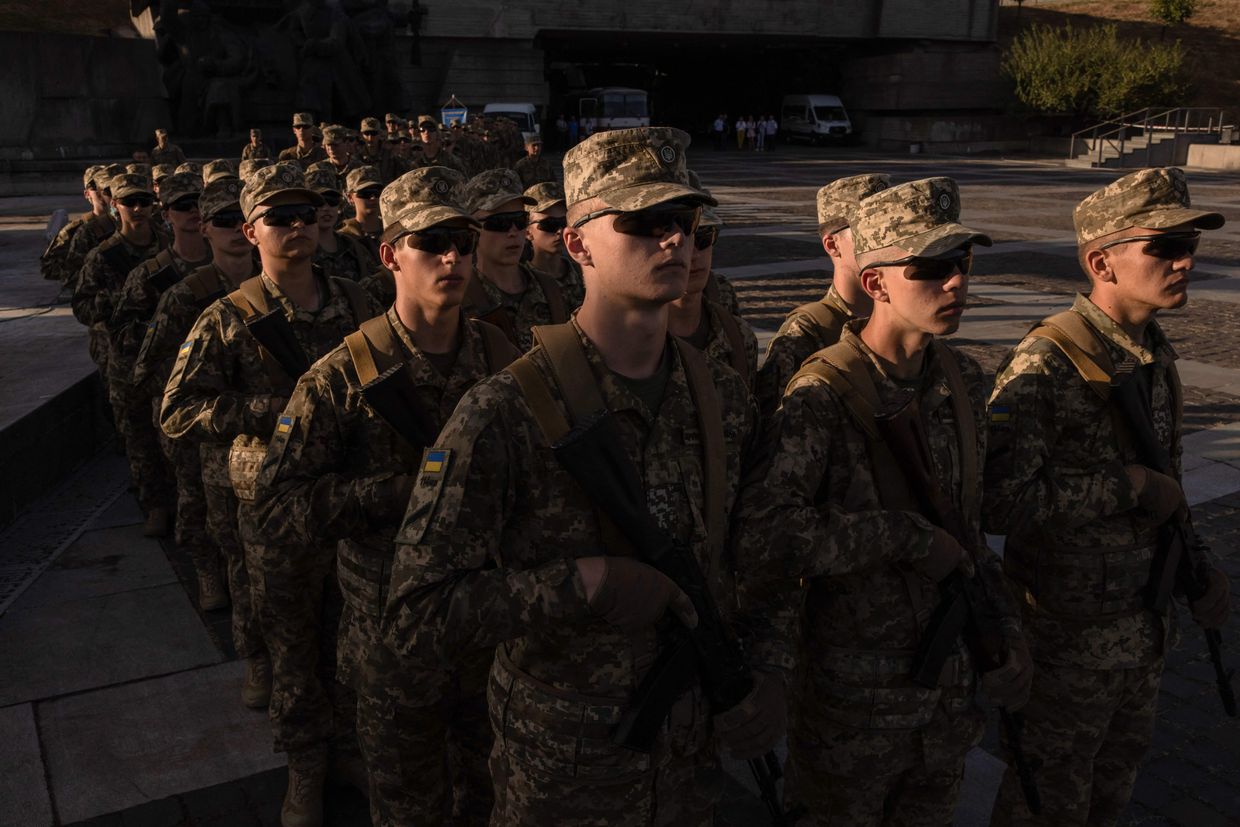Dmytro Kuleba: Trump’s rare earth deal risks Ukraine repeating history’s mistakes
Past alliances forged for resources have left Ukraine exposed — now, it’s lithium, not grain.

U.S. President Donald Trump at the White House in Washington, D.C., on Jan. 30, 2025. (Oliver Contreras / AFP / Getty Images)
On Feb. 10, 2025, U.S. President Donald Trump claimed that he aimed to secure “$500 billion worth of rare earth” minerals as part of negotiations over continued U.S. support for Ukraine amid its war with Russia.
When history repeats itself, it’s time to reflect.
At the beginning of 1918, amid World War I, Germany and Austria-Hungary were in dire need of natural resources. Simply put, they needed grain, lard, meat, and oil to sustain their war efforts and economies. Ukraine, having recently declared independence from the Russian Empire and fighting to secure its sovereignty, possessed all of these resources. Seeing an opportunity, Germany intervened. As U.S. President Donald Trump might have said if he had lived 100 years ago, it was a great deal.
Under the Treaty of Brest-Litovsk, German troops entered Ukraine, ostensibly to protect its independence from the Bolsheviks in exchange for food supplies. The Ukrainian People's Republic (UPR) regained the power it had lost to the Bolshevik offensive but quickly found that German support came with strings attached. German authorities decided that Ukraine was unviable without their presence, ousting the UPR leadership and installing Hetman Pavlo Skoropadskyi.
For a brief period, this uneasy arrangement held. But when Germany lost World War I, its need for Ukraine disappeared. The retreating German forces left Ukraine vulnerable, and resistance to the unpopular hetman grew, while Moscow regained strength.
In 1919, Symon Petliura and his forces overthrew Skoropadskyi, only to find themselves facing a resurgent Bolshevik threat. Seeking allies, Petliura ceded Ukraine’s western territories to Poland but ultimately lost the battle to Moscow. The Ukrainian state disappeared. Then came the Holodomor, the Executed Renaissance, the destruction of Kyiv, and Russification.
And now, history repeats itself — only this time, it’s the United States instead of Germany. Lithium instead of grain. Graphite instead of lard. The intention to hold elections in Ukraine instead of a coup. But unlike a century ago, there is no promise to send an army — neither the U.S. nor NATO — to protect the resources Washington needs.
"And now, history repeats itself — only this time, it’s the United States instead of Germany."
World politics is ruthless. You shouldn't expect mercy without internal unity and leverage to protect your interests. And when nearly the same scenario unfolds a hundred years later, it’s time to think.

What mistakes must we avoid now to prevent repeating the failures of the past?
Some takeaways:
Politicians should not be at odds with each other. The egos and resentments of politicians, the desire to destroy their rivals in order to strengthen themselves, harm both the state and the people. Only Moscow benefits from internal divisions.
The government should focus on strengthening the country’s internal unity. Our allies, regardless of their identity, will inevitably prioritize their own interests over ours. The range of our options is narrowing, and the government must speak frankly about this with the public. We are all in the same boat.
Society must value its state and understand that even if a ceasefire is reached, it will not end the war. Russia knows its goal and will eventually return for all of Ukraine. If the people turn away from their state, Moscow will destroy the state first, then the people.
Editor’s Note: The opinions expressed in the op-ed section are those of the authors and do not necessarily reflect the views of the Kyiv Independent.











